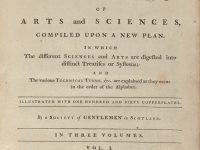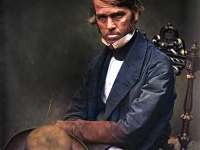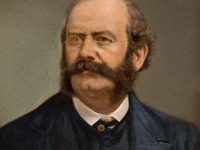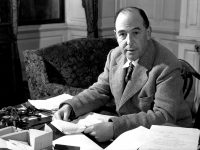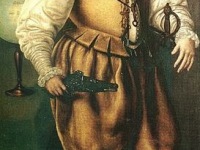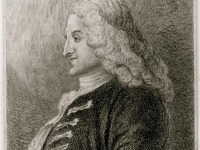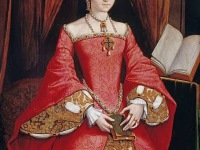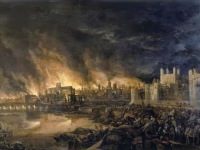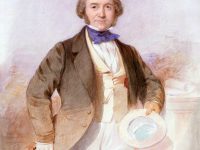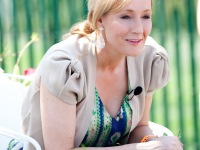The Encyclopædia Britannica and the Spirit of Enlightenment
On December 6, 1768, the first volume of the first edition of the Encyclopædia Britannica was published in London as , ‘A Dictionary of Arts and Sciences, compiled upon a New Plan‘. The Britannica is the oldest English-language encyclopaedia still being produced today. The history of its 15 editions alone would be subject of an entire book. But although it might be the most popular encyclopaedia ever printed, it was not the…
Read more

